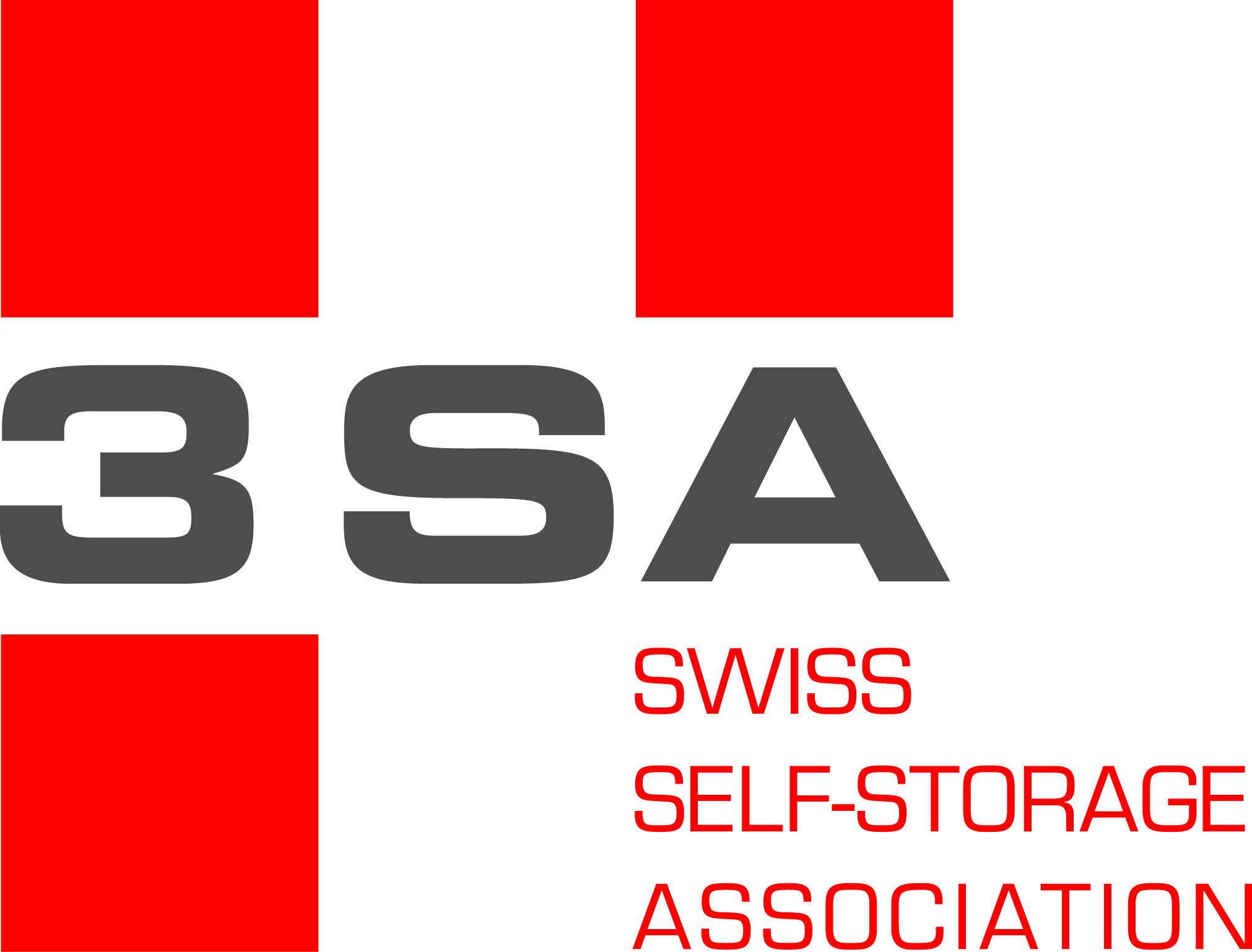Not all self storage companies are the same, and you need to make sure who you choose meets your needs.
1. 10 things to consider when selecting self storage:
Not all self storage companies are the same, so you need to make sure the provider you choose meets your needs. Below are 10 things to consider when deciding who you want to store your goods with:
2. Meets the European standard-Member 3SA
There is a European standard for self storage that specifies conditions that must be met for the safety and security of customers. All 3SA members must meet this standard in order for them to maintain their membership. Therefore, the best way to verify that your self storage operator meets the European standard is to make sure that it is a 3SA member.
3. Your Room, Your Key
Self storage was created with the goal of providing customers with a room away from home to store their belongings. Only the customer should have access to their own storage, and unless granted that right, the business owner should not be able to access the unit. Goods should also not be stored in a common space along with those of other customers.
4. Adequate ventilation
Your warehouse should be sufficiently ventilated in order to prevent the formation of odors, moisture and mold. The unit should not smell stuffy or stale and should allow fresh air to circulate throughout the room.
5. Security
Goods should be stored in a secure environment. There should be at least CCTV at all entry and exit points, as well as controlled access to the building. Many warehouses also have an additional level of security, such as individual alarm devices per room, and license plate recognition equipment.
6. A legally binding contract
Self storage is a self-regulated industry, so it is necessary to ensure a comprehensive contract between you and your operator. This ensures that your rights of access to your goods are maintained, particularly with regard to the consequences following any non-payment of the storage invoice.
7. Insurance
If your goods are valuable, then they are worth insuring. Your warehousing service provider should be able to offer you insurance for your goods, or advise you to engage a third party to facilitate this. Providers should also have adequate insurance to cover them in case they are held liable for damage to your goods.
8. Access
Access to your warehouse should be easy, especially if you plan to use it regularly. There should be adequate loading and unloading areas, preferably protected from the elements. Most warehouses provide carts or other equipment, useful to help you move goods around your storage facility.
9. Access hours
Self storage companies have varying access hours. They usually provide access 7 days a week, but it is not mandatory. If you need special access, ask the storage manager.
10. Unit size
Self storage is synonymous with flexibility; most companies have a wide range of storage unit sizes, with varying prices. Make sure your vendor has the right unit size for your needs and compare the figures with those of other similar services. Some providers will speak in cubic meters, rather than square meters. It is therefore necessary to take ceiling height into account when measuring cubic meters. This is especially relevant in the case of units with high ceilings, where this space becomes difficult to use. You also need to consider whether you plan to withdraw goods from your unit on a regular basis, as you might be tempted to take smaller units and fill them with goods, however this will make it much more difficult tomorrow to extract your goods.
11. The Staff
The self-storage site should be staffed, or at least have someone on site who can meet you to explain the contract and guide you through the security systems. A continuously staffed storage facility adds additional security to the management of the storage facility.
